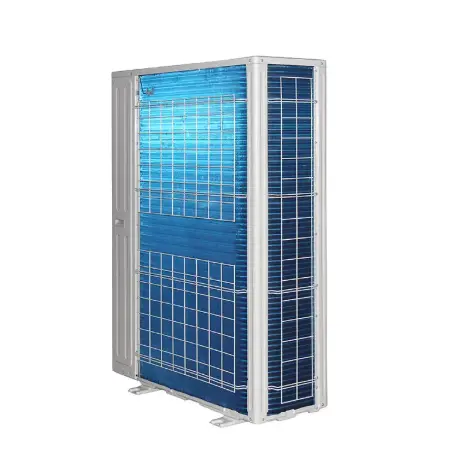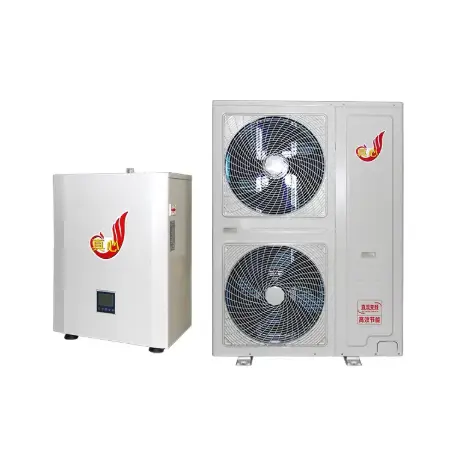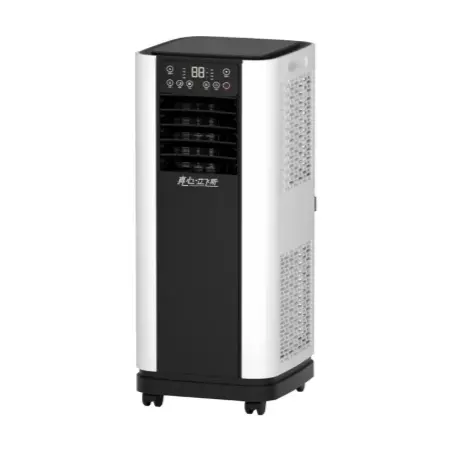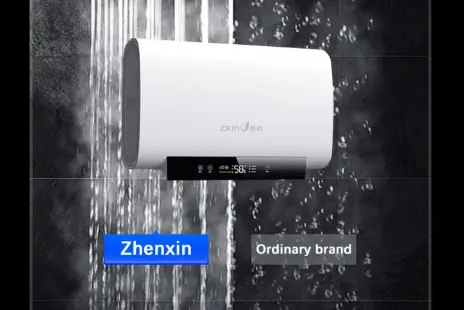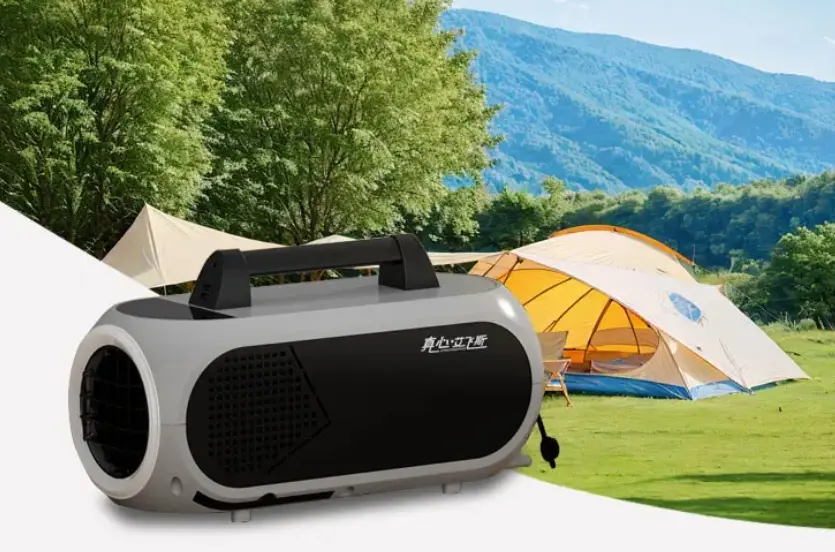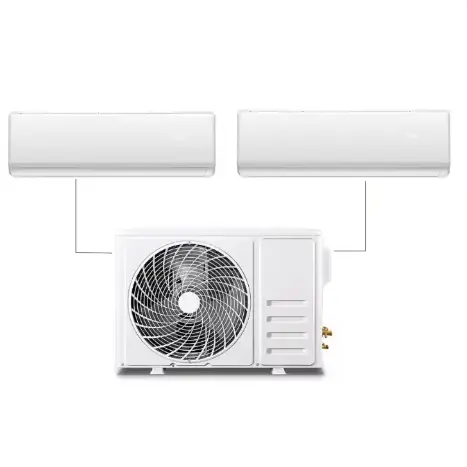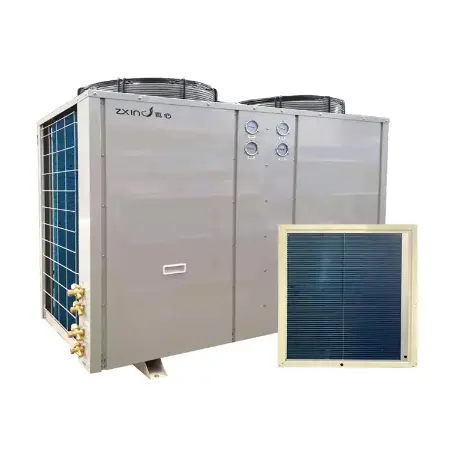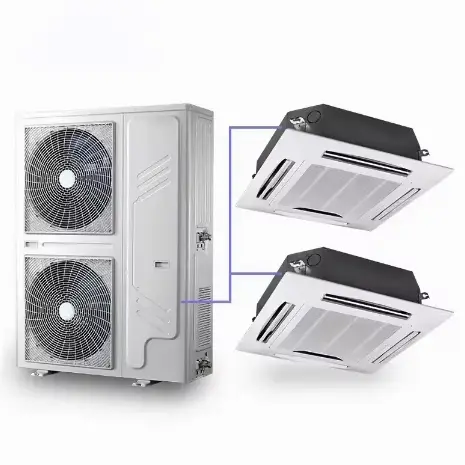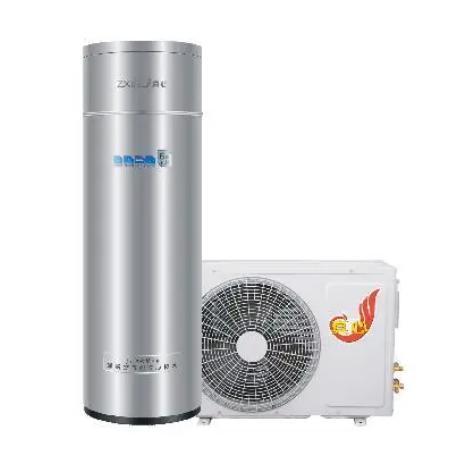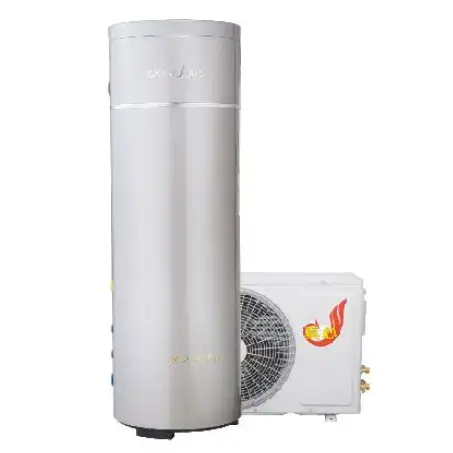The role of heat pumps and boilers in a changing industry
The heating industry is undergoing a major transformation as the world works to meet the pressing challenges of climate change and the need for sustainable energy solutions. Heat Pumps and boilers are key players in this growing industry, playing a vital role in providing efficient heating solutions. Understanding their functions, benefits and the impact of their use is essential to navigating the future of energy consumption.
Heat pumps are gaining recognition for their high efficiency and versatility. Unlike traditional heating systems that generate heat through combustion, heat pumps use electricity to move heat from one place to another. This process enables heat pumps to provide heating in the winter and cooling in the summer, making them a solution for year-round temperature regulation. The efficiency of heat pumps is often measured in coefficient of performance (COP), which is much higher than that of traditional boilers. This means that for every unit of electricity consumed, a heat pump can provide multiple units of heat, making it an environmentally friendly choice.
In contrast, boilers have long been the mainstay of heating systems, especially in residential and commercial settings. They generate heat by burning fuels such as natural gas, oil or biomass. Although modern boilers have become more efficient and cleaner, they still rely on fossil fuels, which contribute to greenhouse gas emissions. As the industry transitions to decarbonization, the role of boilers is being re-examined. Many manufacturers are developing hybrid systems that combine the efficiency of heat pumps with the reliability of boilers to enable a smoother transition to renewable energy.
The integration of heat pumps with boilers is particularly important against the backdrop of a changing energy landscape. Governments around the world are implementing stricter regulations and incentives to increase energy efficiency and reduce carbon footprints. This has led to an increase in demand for heat pumps, especially in areas that use renewable energy for electricity generation. Heat pumps are able to harness ambient heat from the air, ground or water, making them an attractive option for homeowners and businesses seeking to reduce energy costs and environmental impact.
In addition, the rise of smart technology has further enhanced the role of heat pumps and boilers in the industry. Smart thermostats and home automation systems enable users to optimize heating and cooling schedules, thereby improving energy savings. These technologies can also provide real-time energy consumption data, allowing users to make informed decisions about their heating systems.
However, the transition to heat pumps is not without its challenges. Initial installation costs can be higher than traditional boilers, and their performance can be affected by extreme weather conditions. Additionally, installing and maintaining these systems requires skilled professionals, which can be a barrier in some areas. Education and training in heat pump technology is critical to ensure the workforce can meet the growing demand.
In summary, both heat pumps and boilers are vital for the heating industry as it adapts to the changing energy landscape. While heat pumps offer a sustainable and efficient alternative, boilers still play a vital role, especially in hybrid systems. As the industry moves towards decarbonization, the synergy of these technologies will be essential to improve energy efficiency and reduce greenhouse gas emissions. Embracing innovation and investing in training will be key to unlocking the full potential of heat pumps and boilers in a sustainable future.


